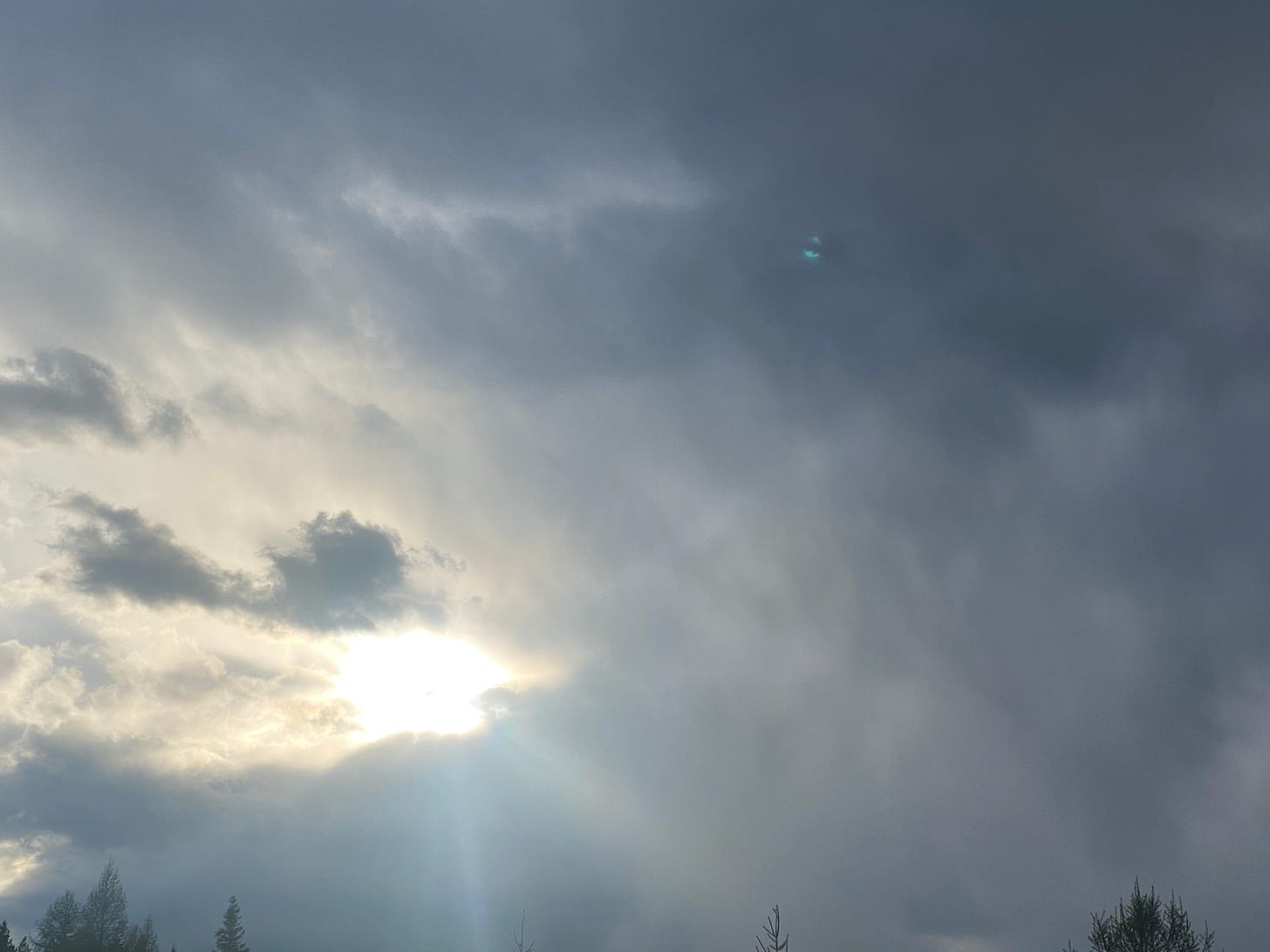“To no one will we sell, to no one deny or delay right or justice.”
—The Magna Carta, 1215
I have a tendency to overcommit. It’s not a failing I’m unconscious of, nor am I alone. I try to hold back from always saying “yes,” yet even with my personal guidelines about where my time and energy go, I inevitably end up with too much. Sometimes way too much, as has happened recently.
Perhaps that was why I ended up finally burning all of my personal journals in a backyard bonfire on Saturday night.
—-
There are a number of things on my plate (at this point a soggy paper plate that’s about to disintegrate) that have taken an unexpected amount of time recently, top of the list being a one-day workshop on science writing for the public that I’m giving to groups of eighth-graders. I’ve never, frankly, taught writing before, and the amount of preparation involved was far more than I’d imagined, in part because finding appropriate material turned out to be challenging. Readable, but not fluff; interesting but not something that might anger parents (turns out most of my favorite science writers swear a lot in their work, and I wasn’t sure which social issues might be touchy); and for myself I didn’t want to load them down with too much depressing material in one hour. Climate change, water pollution, and teen depression all in one go seemed like a bad idea.
We’ll have to see how it goes. I’m not thrilled about the final formation of the workshop but I am extremely tired of preparing for it.
—-
The journals I burned have been sitting in a box waiting for a fire for months. Or years. About a dozen years ago I decided to give myself a decade to decide whether or not to burn all of my journals as I wrote them—this is purely personal material, no actual writing-draft notebooks. I decided, and then they sat there until we built a fire pit during lockdown last year, and I moved their box into a psychological waiting room.
I’d planned on burning them alone, but when my spouse invited some friends over for dinner and a fire, I decided to let it be a group project with the understanding that nobody was allowed to read them. We pulled out notebooks going back decades and opened them over the flames, and despite the fact that I still have too much work to do and this workshop to get through and a staggering amount of volunteer work and a new copy editing contract and the daily homeschooling to manage and still soooo many thistles to kill, I felt, the next day, lighter.
And then my sister came over and said it looked like burning my journals was fun, and I asked how she knew since I hadn’t mentioned it, and she showed me a Facebook post from one of my friends. “I’d recognize your handwriting anywhere,” she said, though the friend was careful not to post anything terribly legible or personal.
When I walked around today listening to the Futures podcast episode about our virtual selves and they talked about whether or not you can ever really die online, I thought of that moment and wondered what entangled thing our species is becoming as we knit our digital selves together. It’s inescapable, it seems. How much stronger would it be if we fully recognized the mirror interconnection in our physical lives?
None of those musings will help me teach eighth-grade girls science writing in fifty minutes—especially if there’s no swearing involved—but it does remind me what small blips we are. And what, for the moment, a relief that is. To know you are a blip, the self poured onto a page ready to fall apart in ash and grow into something new and full of life.
—-
Some stuff to read, listen to, or watch:
Well-intentioned preservation of cave paintings in Indonesia—thought to be the oldest in the world at over 45,000 years old—might have destroyed anthropologists’ ability to accurately date them, by Franco Viviani in Sapiens.
A very interesting essay in Aeon by history professor Douglas Boin pokes into the various tribes of peoples who were swallowed up by the Roman Empire, and the tricky, evolving idea of who got to be considered “Roman.”
I have no idea if this is slightly disguised advertising, but did like the vision portrayed in this 7-minute film about a future of fenceless ranching that could be possible through the use of techy-techy collars for cows. It’s the kind of technology that falls more on the “serves life” side of things, maybe. The vast fencing required by ranches is very damaging to wildlife corridors, so it’s nice to see the Ranchers Stewardship Alliance trying a different approach, though I’d like to know more.
From the Bulletin of the Atomic Scientists, a short but sobering look (if anyone needed that) at the presence of cesium 137 in honey, a legacy of 1950s nuclear testing.
Which is a good invitation to “Earshot,” a prompting to end (or at least pause) overthinking, from the Pondercast podcast.





Wow, what a gut punch the 2nd paragraph was! Really got me thinking about a folder I have kept since high school of things that I thought were interesting and of course spoke to me. It would be interesting to pull it and go through it, I do remember several things in there that still impacted my views of the world and still speak to me. But this column has me thinking is now a good time to let it all go up in flames and burn those tethers. Wow. I sure can think of lots of other things in our house I would have no problem burning :-) :-), but not sure about this. Thanks for your wonderful writing!
That feels like a very cathartic release into the universe of your words and past.